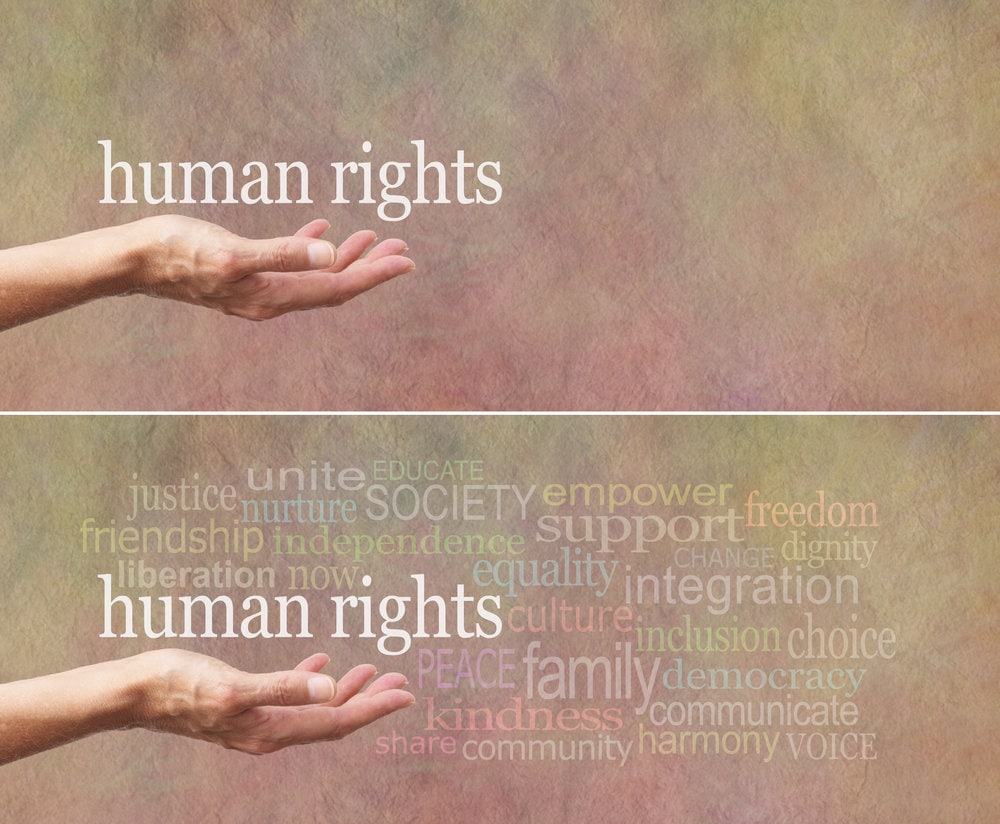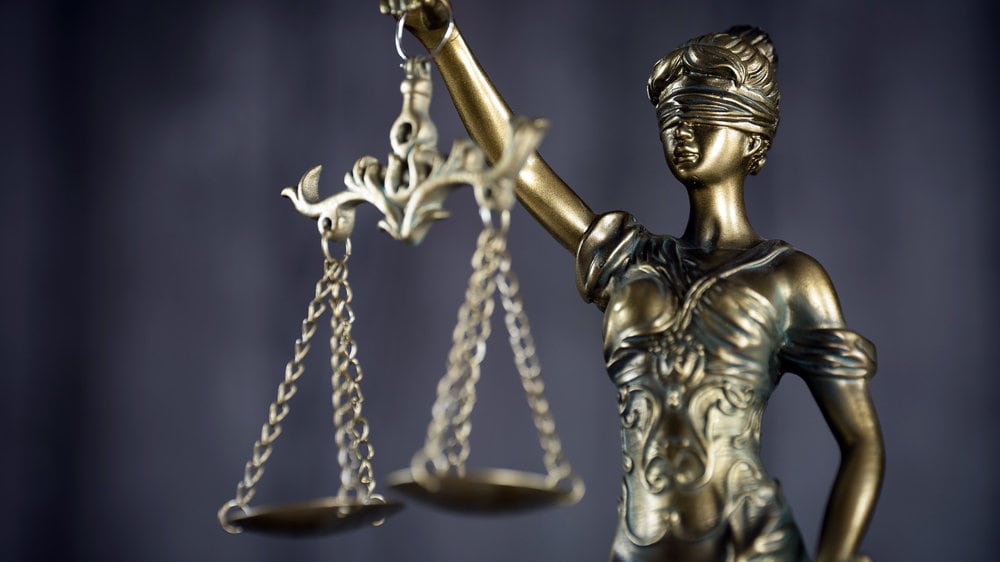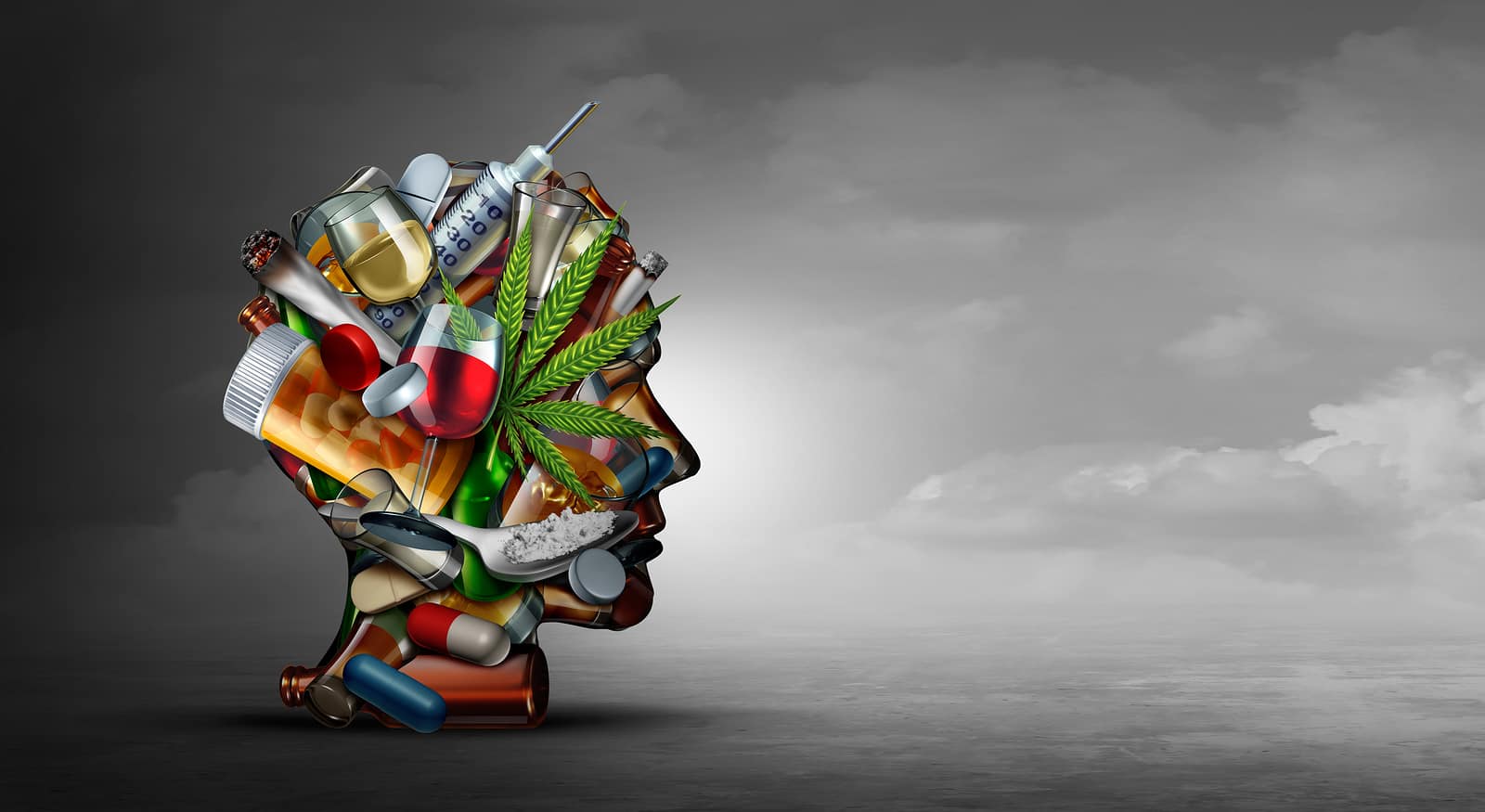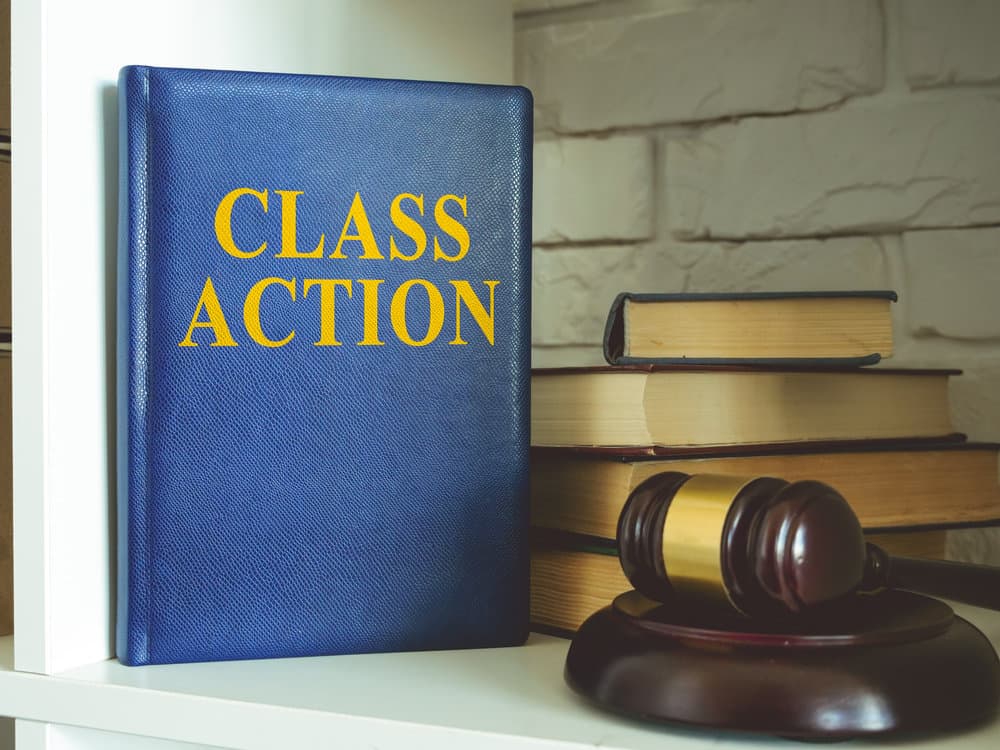Unjust laws have been a persistent issue in societies throughout history, often leading to social unrest and changes in legal systems. Grounded in natural law and human rights concepts, an unjust law is recognized as an illegitimate authority unless it is good and right. While progress has been made recently, shedding light on what constitutes an unjust law and how it impacts individuals and communities is fundamental to fostering social justice and upholding rights.
Several examples of unjust laws can be identified in history, such as racial segregation statutes in the United States or other discriminatory policies that undermine human dignity. Specifically, Martin Luther King Jr. defined an unjust law as a code that is out of harmony with the moral law and degrades human personality. Throughout the years, groups and individuals, including Asian Americans, have fought against unjust laws in the courts, leading to key Supreme Court decisions that altered the landscape of human rights in the United States. To better comprehend the implications of unjust laws and their inherent harm, it is crucial to examine the moral and ethical principles that guide legal frameworks and the balance between majority rule and minority rights.
Understanding Unjust Laws
Historical Context
Unjust laws have been a concern for legal scholars and philosophers throughout history. These laws often conflict with the moral and ethical principles that underpin legal systems, leading to a disconnect between societal values and the laws that govern them. Some historical examples of unjust laws include Jim Crow segregation statutes in the United States, which perpetuated racial segregation and oppression.
Moral Implications
To comprehend the concept of unjust laws, one can look to the words of St. Thomas Aquinas and Martin Luther King Jr. Aquinas posited that an unjust law is a human law not rooted in eternal and natural law. At the same time, King stated that any law that uplifts human personality is just, and any law that degrades human personality is unjust.
In this context, unjust laws are those that:
- Contradict the moral fabric of a society
- Perpetuate inequality and unfair treatment
- Impede the development and expression of a person’s potential and dignity
Addressing unjust laws is crucial for the betterment of society, as laws should ideally function as a framework that upholds justice and equality for all individuals.
Unjust Laws in the United States
Discrimination and Inequality
In the United States, several laws have historically discriminated against or fostered inequality between different racial, ethnic, and social groups. For example, segregation laws, which enforced separation between black and white people in public spaces and services, were a prominent example of unjust laws until the civil rights movement of the 1960s. Martin Luther King Jr. famously defined an unjust law as any law that “degrades human personality,” implying that laws targeting specific minority groups or promoting unequal treatment are unjust. Today, many areas still experience discrimination and inequality in education, employment, and housing, which can be exacerbated by systemic racism in various institutions.
Voting Rights
Voting rights have been another area where the United States has passed or maintained unjust laws, such as the widespread use of voter suppression tactics. Following the abolishment of discriminatory voting practices like literacy tests and poll taxes, some states have adopted strict voter ID laws, limited early voting or access to polling places, and purged voter rolls, disproportionately impacting minority and low-income voters. These actions undermine the democratic principles of inclusiveness and equal representation.
Probation and Parole
Probation and parole policies can also reflect unjust practices in the United States. Many states, like Alabama and Mississippi, have implemented strict probation and parole policies, leading to high incarceration rates for minor violations of release conditions. Additionally, the overuse of these policies has strained resources and disproportionately impacted minority communities. The intersection between racial disparities and probation and parole policies highlights the potential for unjust systems within the criminal justice domain.
Fines and Fees
Fines and fees within the US legal system often disproportionately burden low-income individuals and perpetuate cycles of poverty. For example, some states, like Georgia and Florida, have adopted practices such as money bail, which requires individuals to pay a certain amount of money as a condition of pretrial release. This can lead to the prolonged detention of individuals who cannot afford to pay, exacerbating economic inequalities and the overrepresentation of minority groups in the criminal justice system.
Mandatory Minimum Sentences
Mandatory minimum sentencing laws, particularly in drug-related cases, have expanded mass incarceration in the United States. These sentencing structures were primarily implemented to increase public safety; however, they have led to many individuals serving lengthy sentences for nonviolent offenses. States like California and Washington have seen the impact of these laws on minority communities, who are disproportionately affected by such policies. Critics argue that mandatory minimum sentences overlook the nuances of individual cases and limit judges’ discretion, thus undermining the fairness and potential for rehabilitation within the criminal justice system.
Famous Unjust Laws in History
Slavery and Segregation
Slavery was an inhumane institution that spanned centuries and impacted millions of people. It was a system where countless individuals were stripped of their freedom and treated as property. The United States experienced a long and challenging journey to abolish slavery, eventually leading to the Emancipation Proclamation in 1863 and the 13th Amendment to the Constitution in 1865, officially ending it.
However, the end of slavery did not signify the end of racial discrimination. Segregation laws, often called “Jim Crow” laws, were enacted in Southern states in the late 19th and early 20th centuries. These laws enforced racial segregation and were based on the “separate but equal” doctrine, which aimed to enforce the submission and oppression of African Americans. One significant figure who fought against these unjust laws was Martin Luther King Jr., who dedicated his life to promoting civil rights and working for equal rights.
History of Oppression
Oppression extends beyond segregation and can be seen throughout history. Various populations have been subjected to discriminatory practices and unjust laws, sometimes leading to genocides and mass atrocities. For example, Adolf Hitler’s rise to power in Germany led to the Holocaust, where millions of innocent people – predominantly Jews – were systematically murdered under the pretext of racial purity and national superiority.
Throughout history, ordinary citizens and civil rights activists have taken it upon themselves to break unjust laws to promote change. By breaking these laws, they aim to demonstrate the fundamental injustice of the system and force a reevaluation and reconsideration of the laws.
- Slavery: Inhumane treatment of millions of individuals, eventually abolished by the Emancipation Proclamation and the 13th Amendment.
- Segregation: Jim Crow laws enforced racial segregation and submission of African Americans, fought against by figures like Martin Luther King Jr.
- Holocaust: Adolf Hitler’s regime led to the mass murder of innocent people, predominantly Jews, under the pretext of racial purity and national superiority.
Ethics and the Responsibility to Disobey Unjust Laws

Individual and Collective Obligation
Individuals have a moral responsibility to disobey unjust laws, as they may conflict with their personal beliefs and the greater good of society. In these instances, individuals and collectives should recognize the potential harm caused by such laws and take a stand against them. By doing so, they assert their values and beliefs and contribute to fostering a more just and inclusive society.
Moral responsibility extends to obeying just laws and disobeying unjust ones. As Martin Luther King, Jr. stated, “One has a legal but a moral responsibility to obey just laws. Conversely, one has a moral responsibility to disobey unjust laws.” This notion stems from the idea that just laws uplift human personality and align with a higher moral authority, as opposed to unjust laws that may degrade human dignity or perpetuate societal inequalities.
Peaceful Disobedience
When choosing to disobey an unjust law, the method of resistance is equally important. Peaceful disobedience, as practiced by leaders such as Mahatma Gandhi, involves resisting violence with nonviolence. Methods like civil disobedience draw attention to the injustice at hand and send a powerful message about the commitment to peace and the betterment of society.
In the case of unjust laws, peaceful disobedience may take the form of protests, petitions, or even breaking the law itself while submitting to legal consequences. Such actions can inspire change and create a legacy of ethical resistance for future generations.
By emphasizing the importance of peaceful disobedience, we can ensure that the fight against unjust laws is rooted in principles of peace, equity, and justice, fostering a more empathetic and fair society for all.
State-Specific Unjust Laws
Kansas
In Kansas, the death penalty remains a contentious issue. Many argue that it is an unjust law due to the possibility of executing innocent people and the disproportionate impact on minority populations. However, it is still in place despite these concerns.
Oregon
Oregon has received criticism for its civil forfeiture laws, which allow law enforcement agencies to seize property from individuals suspected of being involved in criminal activity without proving guilt. This is unjust as it violates due process rights and disproportionately affects low-income individuals. This is because there is a presumption of guilt built into the system. That requires a time-consuming process and expensive attorneys for victims to overcome.
New Jersey
New Jersey’s bail system has been criticized by many for being unjust, as it tends to keep low-income individuals incarcerated for longer periods simply because they cannot afford bail. Recent reforms have begun to address this issue, but work is still to be done.
Arizona
Arizona’s controversial “Show Me Your Papers” law (SB 1070) has been criticized for promoting racial profiling and discrimination against immigrants. Although parts of the law have been struck down or modified, many argue it remains unjust in treating minority populations.
Colorado
Although Colorado has made significant progress in abolishing the death penalty, it still faces criticism for treating inmates in solitary confinement. Extended periods of isolation have been deemed inhumane, and many view it as an unjust practice.
Hawaii
Hawaii’s criminalization of homelessness has been widely criticized as unjust. The state has some of the highest rates of homelessness in the nation, and critics argue that criminalizing these individuals perpetuates the problem rather than addressing its root causes.
Michigan
In Michigan, civil asset forfeiture remains controversial, as law enforcement can seize property without a conviction or even charges being filed. This practice has been criticized for violating due process rights and disproportionately affecting low-income individuals.
Missouri
Missouri’s juvenile justice system has faced criticism for its treatment of young offenders, particularly using solitary confinement as a means of punishment. Many argue that this practice is unjust, as it can have lasting psychological effects on the youth.
Montana
Montana’s criminal justice system faces criticism for its treatment of Native Americans, particularly in regards to racial profiling and discrimination. Critics argue that these practices are unjust and contribute to the overrepresentation of Native Americans in Montana’s prisons.
Fairness and the Path to Justice

Overcoming Unjust Laws
Fairness is an essential component of a just society and is closely related to the ethical standards that guide our actions. In the law context, fairness often refers to the ability to make impartial decisions that cater to the specific circumstances of a case. Achieving fairness in the legal system requires addressing and overcoming unjust laws that may violate human rights or discriminate against certain groups.
One way to overcome unjust laws is by recognizing the standards of rightness and ethics that should govern these rules. Public debates and dialogues can bring attention to unjust laws and generate momentum for change. In democratic societies, citizens can participate in law-making processes, and through advocacy, they can push for amendments, repeals, or replacements of unjust laws.
Advocating for Equity
Advocating for equity is critical in promoting fairness in the legal system, as it focuses on ensuring equal rights and opportunities for all individuals, irrespective of their background or circumstances. Human rights, as a set of principles that protect the dignity and worth of every person, provide a strong foundation for advancing equity.
To advocate for equity, various approaches can be employed:
- Raising awareness through public campaigns or education initiatives to inform people about their rights and existing unjust laws.
- Building coalitions of stakeholders, such as human rights organizations, legal professionals, and community groups, to reform unjust laws.
- Utilizing the power of the media and engaging in strategic communication to amplify the voices of affected individuals and shed light on the consequences of unjust laws.
- Filing lawsuits or supporting litigation efforts that challenge unjust laws in courts, aiming to establish legal precedents that would contribute to systemic change.
Through these efforts, and by consistently promoting fairness and ethics, society can progress towards a more just and equitable legal system that ultimately respects and upholds the human rights of all individuals.
FAQs
What is an unjust law?
An unjust law can be defined as a code, rule, or regulation inconsistent with the principles of fairness, morality, or human rights. Martin Luther King Jr. provides a concrete example of unjust laws, describing them as codes that a majority inflicts on a minority community without it being binding on the majority itself. These laws can promote inequality, human personality degradation and hurt the affected community.
How can unjust laws be identified?
Unjust laws can often be identified through the following criteria:
- The law promotes inequality or discrimination among different groups or people.
- The law violates basic human rights or the individual’s freedom.
- The law is not based on fairness, morality, or justice.
How can individuals and communities respond to unjust laws?
Historically, individuals and communities have responded to unjust laws through various means, such as:
- Peaceful protests and demonstrations: Organizing rallies or movements to express dissent and demand change.
- Civil disobedience: Intentionally violating the unjust law as a protest, as seen in Mahatma Gandhi’s nonviolent resistance strategies.
- Legal action: Challenging the law in courts by filing lawsuits against the authorities or appealing the law’s constitutionality.
- Advocacy: Raising awareness about the unjust law, engaging in conversations and debates to change public opinion, and lobbying for legislative change.
Can an unjust law be justified?
The justification for an unjust law can be subjective and depends on the perspectives of different stakeholders. Sometimes, a government may argue that an unjust law serves a larger purpose for maintaining order, security or stability. However, unjust laws cannot be morally or ethically justified in the context of human rights, dignity and equality.










